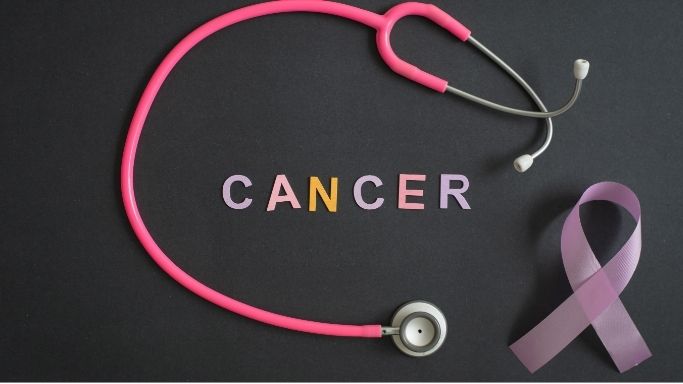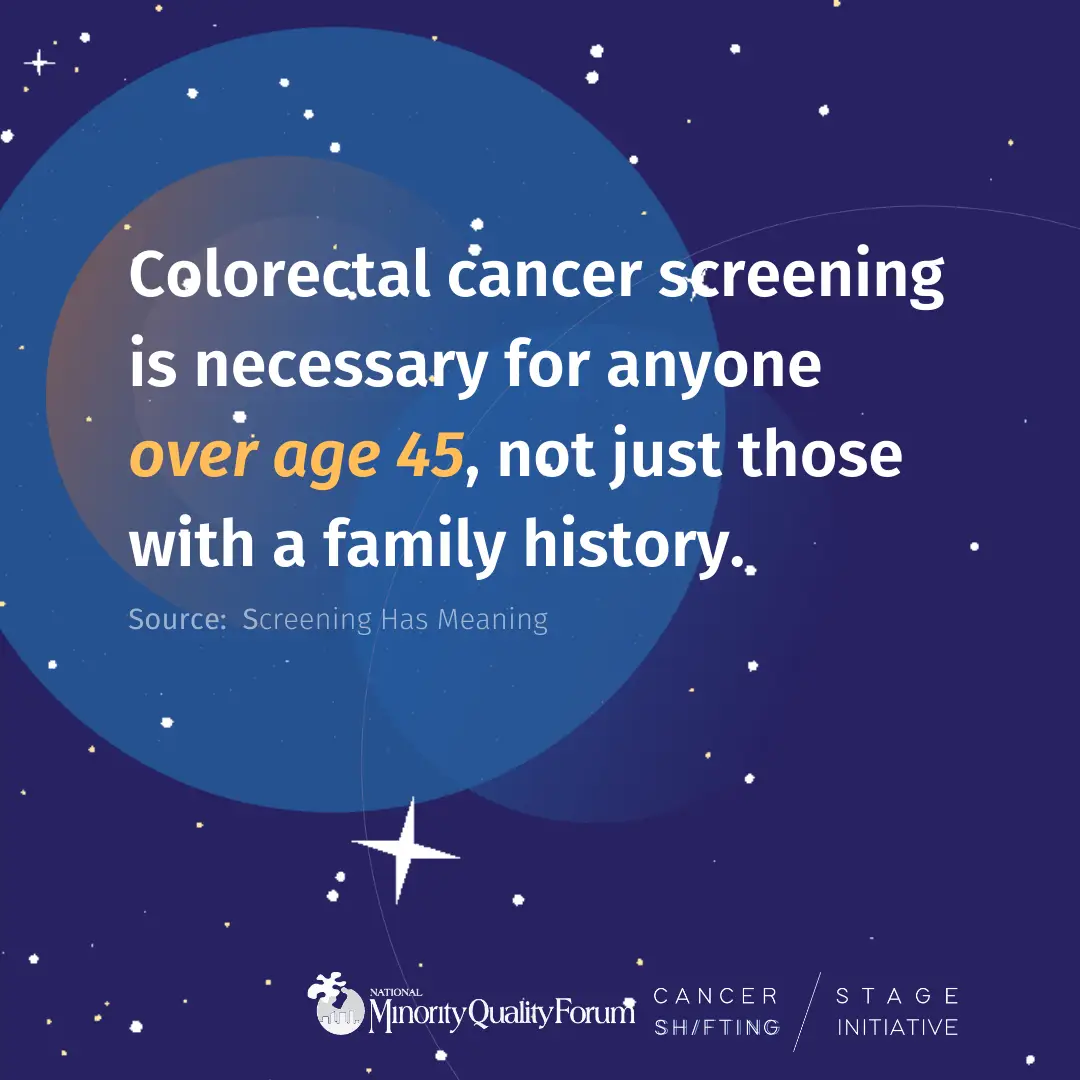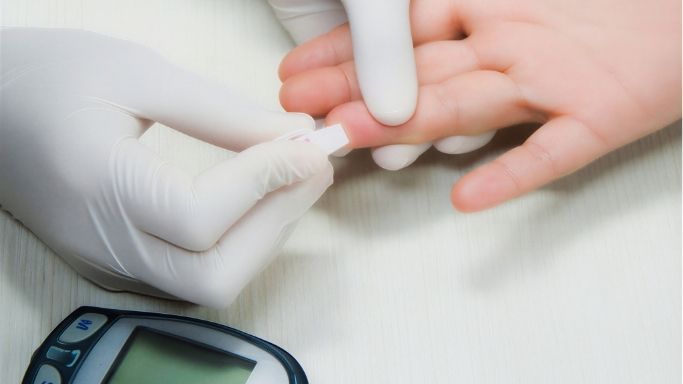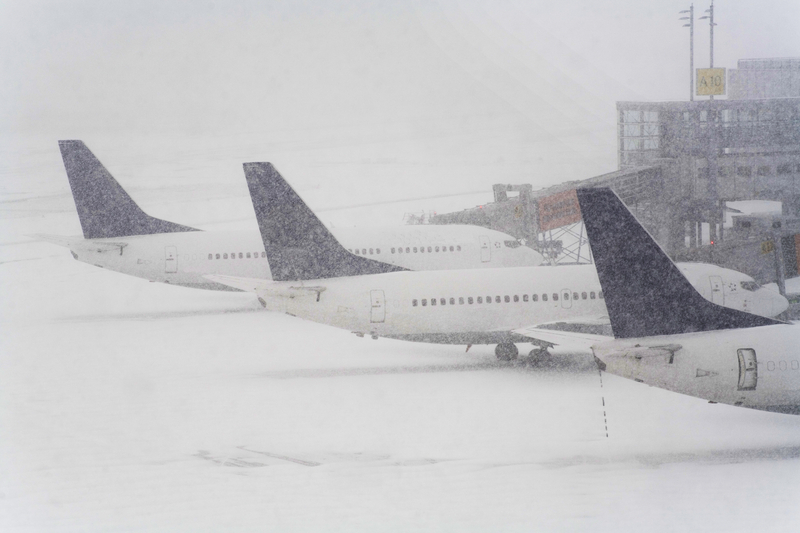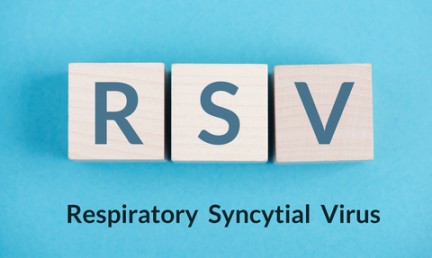
RSV Health Equity is critical because the burden of severe RSV falls disproportionately on Black and Brown infants. Respiratory Syncytial Virus (RSV) is a common respiratory infection, but for infants—especially Black and Brown babies—it can be life threatening. Each year, RSV leads to an estimated 58,000–80,000 hospitalizations and up to 300 deaths among U.S. children under the age of five, according to the CDC.
Yet, not all children are affected equally. Black and Hispanic infants experience higher rates of severe RSV complications and hospitalizations compared to their white counterparts. A 2023 study published in JAMA Pediatrics found that infants from minority communities are less likely to receive timely RSV immunizations, often due to structural barriers such as lack of access to pediatric care, under-resourced hospitals, and economic hardship. The National Minority Quality Forum (NMQF) addresses these disparities in its RSV Health Equity Action Report, a groundbreaking policy paper calling for immediate steps to ensure equitable access to RSV immunization in communities of color.
The National Minority Quality Forum (NMQF) addresses these disparities in its RSV Health Equity Action Report, a groundbreaking policy paper calling for immediate steps to ensure equitable access to RSV immunization in communities of color.
A Promising Solution: Nirsevimab
Nirsevimab (brand name: Beyfortus) is a long-acting monoclonal antibody that offers 80–90% protection against severe RSV-related illness and hospitalizations. In 2023, it was recommended by the CDC for all infants under 8 months entering their first RSV season and certain high-risk children up to 24 months.
Importantly, nirsevimab is now covered under the Vaccines for Children (VFC) program, which means eligible families—often those from low-income or marginalized communities—can receive it at no cost.
Despite this advancement, the NMQF report found that less than 50% of eligible infants received the immunization before leaving the hospital, with even lower uptake among Black and Hispanic newborns. Delays in immunization leave infants vulnerable during their most fragile developmental months.
Disparities in Access and Outcomes
According to the CDC and NMQF: – Black infants are twice as likely to be hospitalized due to RSV compared to white infants. – Hispanic infants also face higher hospitalization rates, often linked to socioeconomic and environmental factors. – Hospitals in predominantly Black and Latino communities are less likely to be enrolled in the VFC program.
These disparities are compounded by broader issues: – Lack of transportation and inability to attend follow-up pediatric appointments – Language barriers and medical mistrust – Low awareness of new RSV immunization options in communities of color.
What the RSV Health Equity Action Report Recommends
The RSV Health Equity Action Report offers several urgent recommendations:
1. Standardize RSV Immunization Before Hospital Discharge:
Ensure nirsevimab is administered in the birthing hospital before discharge, especially in facilities serving high-risk populations.
2. Expand Participation in the VFC Program:
Encourage all birthing hospitals, particularly those in underserved communities, to enroll as VFC providers so they can offer RSV protection immediately at birth.
3. Launch Culturally Competent Outreach Campaigns:
Public education about RSV immunization should be designed in partnership with trusted community voices: Black doulas, Latina health educators, barbers, churches, and promotoras.
4. Monitor and Publicly Report Racial Disparities:
Transparent data tracking is essential to identify where gaps persist and where policy action is needed.
Real Stories, Real Stakes
For Black and Brown parents, the consequences are personal. Missing out on early RSV protection can mean emergency room visits, ICU stays, and lifelong complications. “My daughter was just two months old when she got RSV,” shared Angela M., a mother in Baltimore. “We didn’t even know there was a shot available. She spent a week in the hospital.”
Take Action: What You Can Do
- Ask your birthing hospital or pediatrician if they offer nirsevimab through the VFC program
- Share the report and visit RSVEquityAction.org for resources
- Engage in local advocacy to ensure equitable immunization practices are implemented in your area
Conclusion:
RSV is preventable. RSV disparities are not inevitable. We have the tools to protect our babies—but only if we ensure those tools are available, accessible, and equitably distributed.
To learn more and advocate for RSV equity, read the full RSV Health Equity Action Report and visit RSVEquityAction.org
Our children’s health depends on what we do next.
Also Read: Small Steps Big Change: Everyday Movement for Wellness
Trending Topics
Features
- Drive Toolkit
Download and distribute powerful vaccination QI resources for your community.
- Health Champions
Sign up now to support health equity and sustainable health outcomes in your community.
- Cancer Early Detection
MCED tests use a simple blood draw to screen for many kinds of cancer at once.
- PR
FYHN is a bridge connecting health information providers to BIPOC communities in a trusted environment.
- Medicare
Discover an honest look at our Medicare system.
- Alliance for Representative Clinical Trials
ARC was launched to create a network of community clinicians to diversify and bring clinical trials to communities of color and other communities that have been underrepresented.
- Reducing Patient Risk
The single most important purpose of our healthcare system is to reduce patient risk for an acute event.
- Jessica Wilson
- Jessica Wilson
- Subash Kafle






